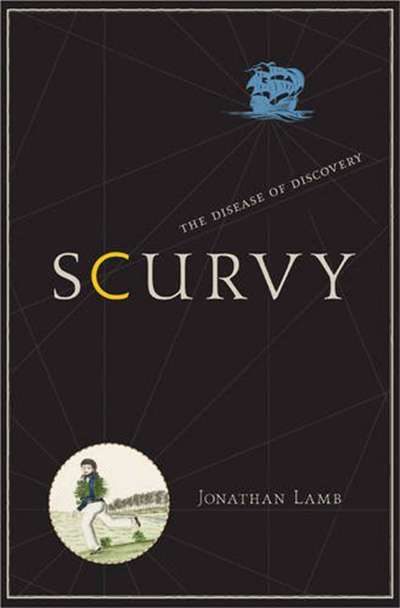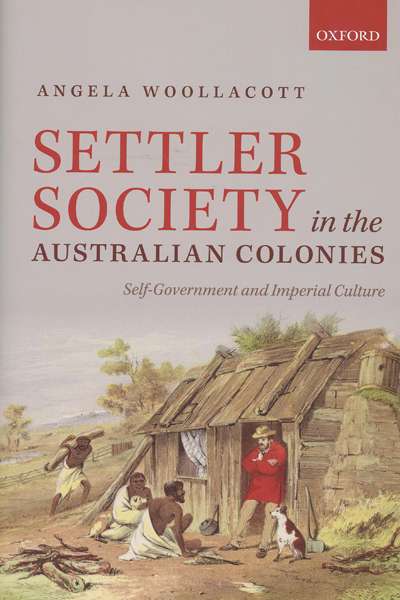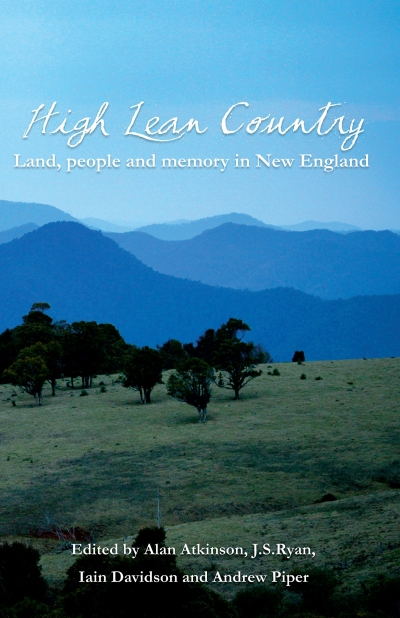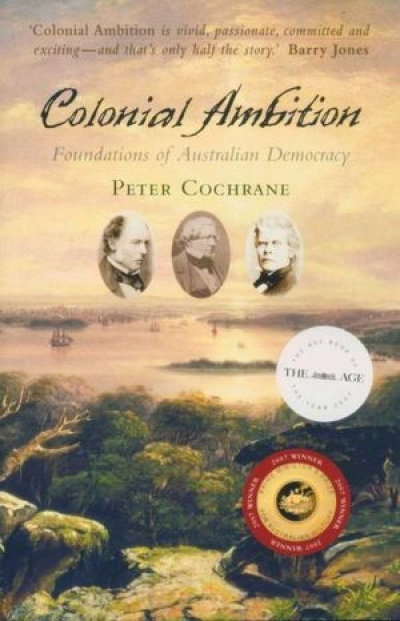Alan Atkinson
Film | Theatre | Art | Opera | Music | Television | Festivals
Welcome to ABR Arts, home to some of Australia's best arts journalism. We review film, theatre, opera, music, television, art exhibitions – and more. To read ABR Arts articles in full, subscribe to ABR or take out an ABR Arts subscription. Both packages give full access to our arts reviews the moment they are published online and to our extensive arts archive.
Meanwhile, the ABR Arts e-newsletter, published every second Tuesday, will keep you up-to-date as to our recent arts reviews.
Recent reviews
Scurvy
Dear Editor,
All authors are perhaps oversensitive to reviews of their books, but I have never been tempted to quarrel with a reviewer until now. Alan Atkinson’s review of Scurvy: The disease of discovery (April 2017) contains a ...
Fellowships galore
When Australian federation was being planned and its implications first worked through, various men and women with agendas of their own set themselves ...
'How do we live with ourselves? The Australian national conscience' by Alan Atkinson
News from the the Editor's Desk in the August issue of Australian Book Review.
... (read more)Settler Society in the Australian Colonies: Self-Government and Imperial Culture by Angela Woollacott
The Europeans in Australia: Volume 3: Nation by Alan Atkinson
High Lean Country: Land, people and memory in New England by Alan Atkinson et al.
Swept away
Dear Editor,
I was among the many swept away by Elisabeth Holdsworth’s essay, ‘An die Nachgeborenen: For Those Who Come After’ (February 2007). From the moment she confided, ‘I have returned to the Netherlands to have a specific conversation with the past’, I became an intent listener, almost an inter-loper, following this haunted child’s return after decades away, back to her heritage, Zeeland – ‘The land of my nightmares’.
I do not know the stark Calvinist low country of dunes and ‘massive dykes’, though I flew over it often enough at night. I followed the returning child entranced and often shocked: the fearful Nazi reprisals, the deliberate flooding of the hard-won lands; brother executing brother; the unofficial motto of the province even: ‘never forgive, never forget.’
... (read more)




